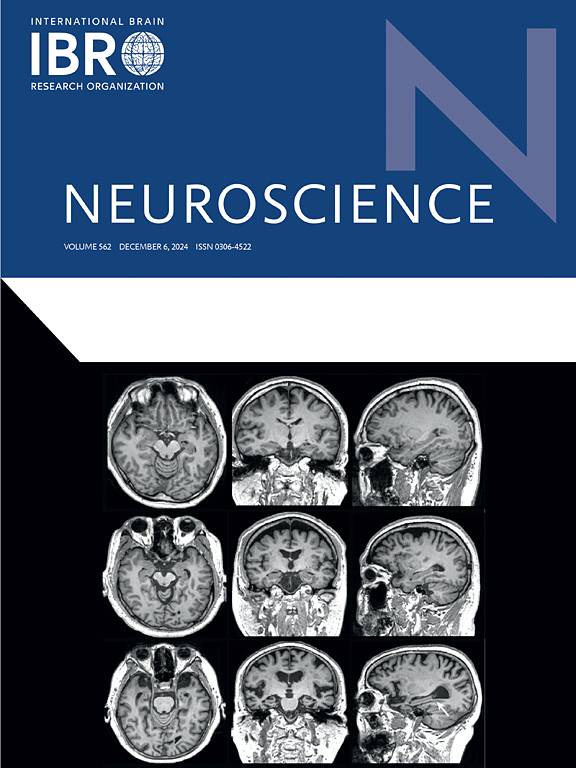African leadership in brain diplomacy: The Yaoundé declaration advances the global brain economy playbook for better brain health
IF 2.9
3区 医学
Q2 NEUROSCIENCES
引用次数: 0
Abstract
Africa, the world’s second-largest continent is home to 1.5 billion people, accounting for nearly 20% of the global population, (60% under age 25). By 2050, Africa’s population will be 2.5 billion, and by 2035, more young Africans will be entering the workforce each year than in the rest of the world combined. Africa also hosts a rich social, cultural, and geopolitical diversity across its 5 geopolitical zones covering 54 countries. It is the most genetically, culturally, and linguistically diverse region on the planet. However, Africa’s contribution to the global economy could be more significant if it urgently embraces the brain economy and leads in the development of new methodologies and approaches which can be exported around the world.
In this paper, we explain our strategy to advance the Yaoundé Declaration for the Brain Economy, Brain Health, and Brain Capital. The Declaration has been endorsed by Cameroon’s President, His Excellency Paul Biya, and demonstrates African leadership in global brain and society innovations, laying out a roadmap for how Africa can outcompete other economies by deftly deploying brain science-inspired policies and investments. We outline a new economic approach for African jobs, economic growth, sustainability, resilience, health, and well-being.
The brain economy offers a broader framework than the current sustainable development goals (SDG) agenda. The Yaoundé Declaration is trans-disciplinary and cross-cutting across sectors: 32 sitting members of government from different sectors having co-authored this paper. It aligns with many aspects of the United Nations Pact for the Future and can accelerate the SDG.
非洲在脑力外交方面的领导地位:《雅温德格宣言》推进了全球脑力经济剧本,以促进大脑健康。
非洲是世界第二大大陆,拥有15亿人口,占全球人口的近20%,其中60%年龄在25岁以下。到2050年,非洲人口将达到25亿,到2035年,每年进入劳动力市场的非洲年轻人将超过世界其他地区的总和。非洲还拥有丰富的社会、文化和地缘政治多样性,跨越5个地缘政治区域,覆盖54个国家。它是地球上基因、文化和语言最多样化的地区。然而,如果非洲紧急接受脑力经济并在发展可向世界各地输出的新方法和办法方面发挥领导作用,它对全球经济的贡献可能会更大。在本文中,我们解释了我们的战略,以推进大脑经济,大脑健康和大脑资本的雅芳宣言。《宣言》得到了喀麦隆总统保罗·比亚阁下的支持,显示了非洲在全球大脑和社会创新方面的领导地位,为非洲如何通过巧妙部署以脑科学为灵感的政策和投资,超越其他经济体制定了路线图。我们为非洲的就业、经济增长、可持续性、复原力、健康和福祉概述了一种新的经济方法。大脑经济提供了比当前可持续发展目标(SDG)议程更广泛的框架。《雅温得宣言》是跨学科和跨部门的:来自不同部门的32名现任政府成员共同撰写了这份文件。它与《联合国未来公约》的许多方面相一致,可以加速实现可持续发展目标。
本文章由计算机程序翻译,如有差异,请以英文原文为准。
求助全文
约1分钟内获得全文
求助全文
来源期刊

Neuroscience
医学-神经科学
CiteScore
6.20
自引率
0.00%
发文量
394
审稿时长
52 days
期刊介绍:
Neuroscience publishes papers describing the results of original research on any aspect of the scientific study of the nervous system. Any paper, however short, will be considered for publication provided that it reports significant, new and carefully confirmed findings with full experimental details.
 求助内容:
求助内容: 应助结果提醒方式:
应助结果提醒方式:


